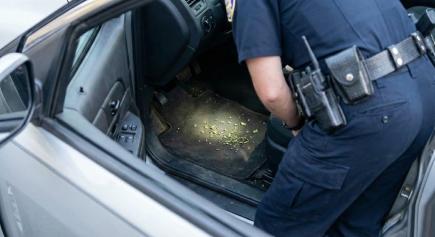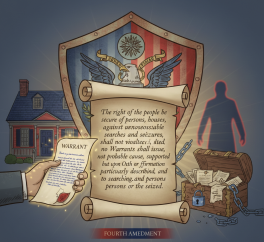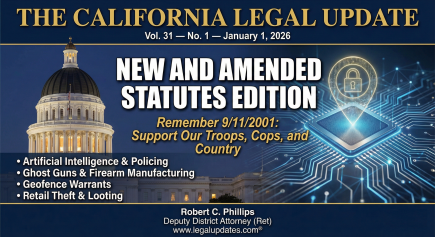

- Ref # CAB00038
- September 02, 2021
A Criminal Defendant’s Mental Competence to Stand Trial and to Represent Himself
Mental Competency Issues as Related to a Defendant’s Right to Represent Himself and to Stand Trial: In a complicated double homicide capital case in which the California Supreme Court reversed both the guilt and penalty verdicts, and with which prosecutors and trial judges need to be familiar, the issues related to a defendant’s mental competence to (a) stand trial and (b) to represent himself were discussed in excruciating detail. The case is People v. Wycoff (Aug. 23, 2021) __ Cal.5th __ [2021 Cal. LEXIS 5998]. In Wycoff, defendant was sentenced to death for having murdered his sister and brother-in-law for the simple reason that they were “evil people who had to die,” and that he felt like he had an obligation to society and the victims’ two children (defendant’s nephew and niece) to murder them. In a 76-page unanimous decision, the Court ruled that “as a matter of law,” the uncontradicted opinion of an experienced mental health professional who had examined defendant on three occasions, and who concluded that defendant was not competent to stand trial, .... © 2026 Legal Updates, LLC.
This content is protected by copyright law. Republishing or redistribution in any form without written permission is strictly prohibited. For licensing or reprint requests, contact support@legalupdates.com.



![Warrantless Searches: Do You Know the Difference between ‘Community Caretaking’ and ‘Render[ing] Emergency Assistance?’](/sites/default/files/styles/435_x_242/public/2026-01/GAImage-rb5oktrb5oktrb5o-01242026.png)



